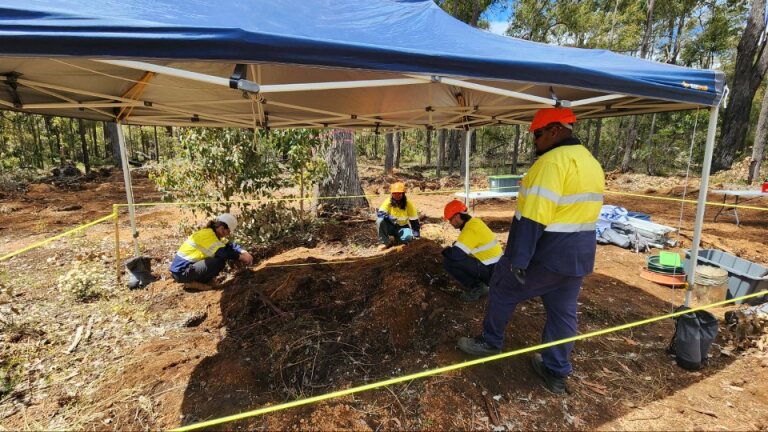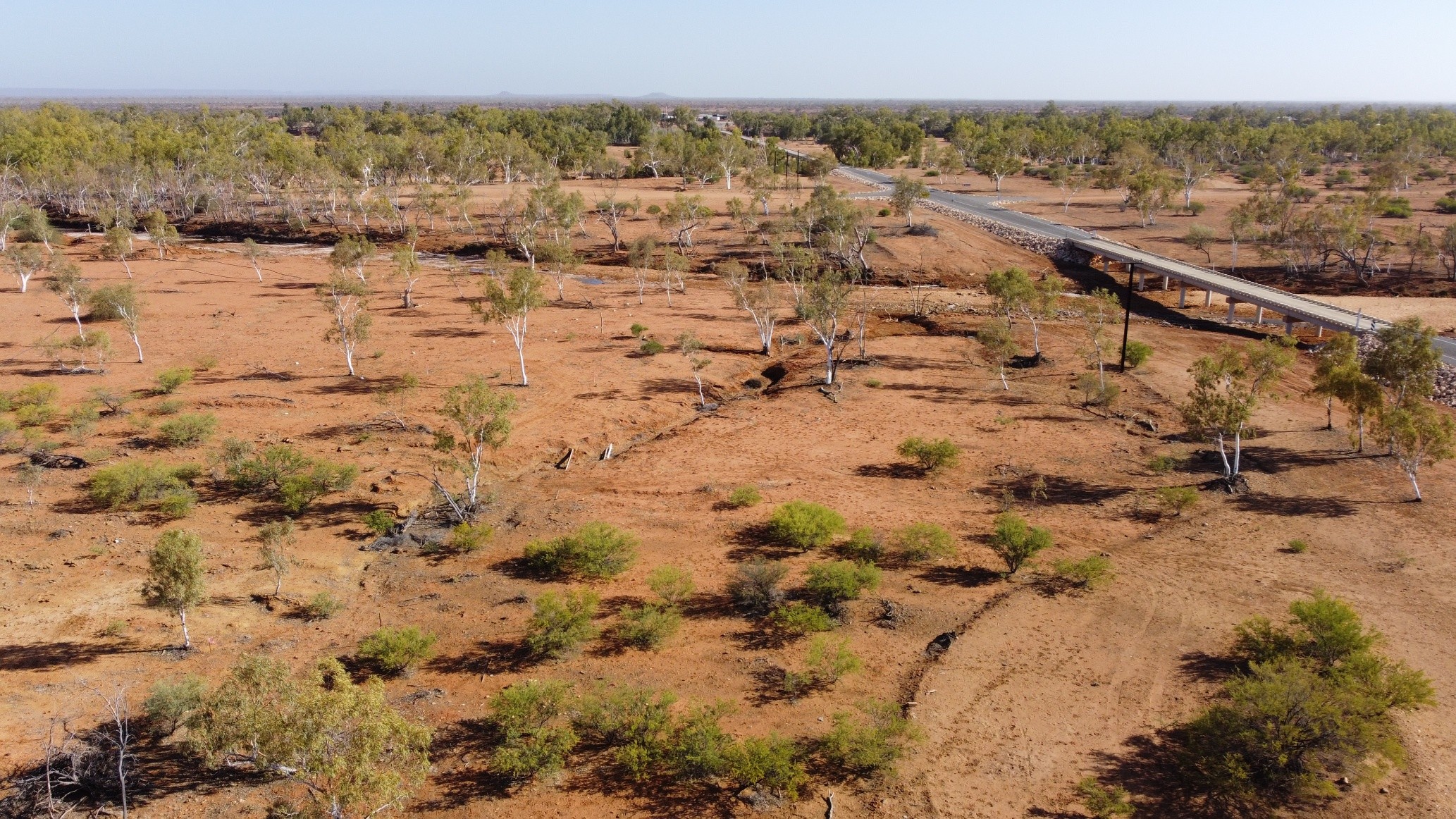Strengthening Connection to Country: Expert Aboriginal Cultural Heritage Services
For Traditional Owners, documenting the ongoing connection to Country is a crucial and often legally required step in the Native Title process. This demonstration is frequently a focal point of court proceedings, making accurate, respectful, and detailed heritage work essential.
Our team recently had the privilege of assisting Traditional Owners by conducting detailed assessments to record and register a series of sites on the WA Department of Planning, Lands, and Heritage’s (DPLH) Aboriginal Cultural Heritage Inquiry System (ACHIS) database.
The Technical Process: Comprehensive Heritage Recording
In accordance with best practice, our process for Aboriginal Cultural Heritage Management goes far beyond simple site visits. The recording process for these significant sites involved a blend of deep historical and modern technical methods:
- Collaborative Interviews: Working directly with Traditional Owners to document their knowledge and custodianship.
- Archaeological Analysis: Detailed analysis of site material against established archaeological frameworks.
- Archival Research & Drone Documentation: Verifying contemporary information against historic sources and using modern tools for accurate spatial mapping and recording.
By thoroughly documenting Traditional Owners' knowledge and custodianship of these sites, our work helps to significantly strengthen their documented connection to Country—a key requirement of Native Title legislation.
Genealogical & Archival Research
In addition to performing technical site registrations, our anthropologists conducted broader historical and genealogical research. This critical work involved:
- Creating Genealogies: Providing the Traditional Owners with verified evidence of their familial ties to their Country.
- Verifying Cultural Knowledge: Utilising archival research and literature reviews to verify contemporary cultural knowledge against historic anthropological sources.
- Recovering Lost Information: In some powerful instances, our archival work enabled us to provide previously inaccessible or "lost information" back to the community.
Collaborative & Ethical Approach to Heritage
With experience across jurisdictions, including Western Australia, Queensland, the Northern Territory, and New South Wales, the Trace anthropology team is well versed in collaborating with Traditional Owners to achieve positive outcomes in sensitive heritage matters.
For us, the only standard of measure that truly matters is success in the eyes of the Traditional Owners. We see ourselves as a tool for their use—wholly collaborative, and guided by their opinions and knowledge, while simultaneously retaining the utmost professional standards of heritage documentation and reporting.
Contact Trace Enterprises to partner with a team dedicated to collaborative, ethical, and defensible heritage outcomes.



